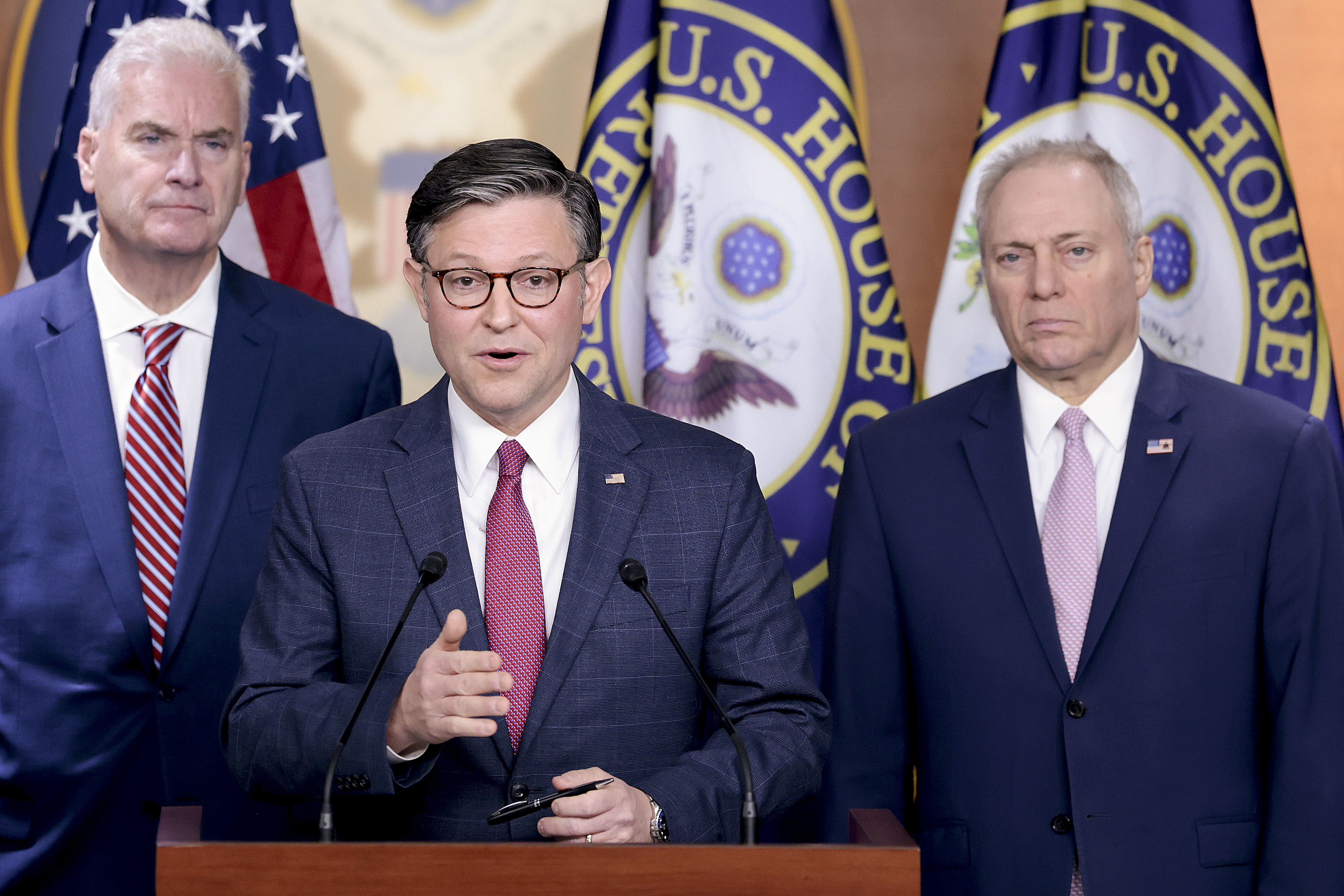
prepping.com
Palouse Brand Four-Pack Giveaway | Drawing Time!
Thank you Palouse Brand! Palouse Brand: https://www.palousebrand.com/SUTTON — non-GMO grains, beans, and lentils straight from the farm ? Hey there, Dazers! Let’s talk about how you can support SuttonsDaze — and your own preparedness journey — all at the same time! ? You know me — I’m always testing new tools, trying new gear, and sharing the real results so you can make smart choices for your pantry and preparedness goals. But did you know you can help keep those videos coming just by shopping through my affiliate links? Every time you use one of my links, it doesn’t cost you a penny more — but it helps me keep bringing you honest reviews, real-world tutorials, and those practical preparedness videos we all love. ? Your Support Makes a Difference: ✨ Amazon — https://amzn.to/4oFSI3n — everyday pantry & preparedness finds ? ForJars —Save 10% using the code SUTTONS10 https://forjars.shop/ — my go-to for canning lids, tools, and now their pressure canner! ? Emergency Essentials — https://www.rzmaf8trk.com/27JCHTW/3QQG7/ — long-term food storage and emergency meals ? Thrivalist — https://thrivalist.com/?ref=LEISASUTTON — high-quality survival kits, ponchos, and practical gear ❄️ Harvest Right — https://affiliates.harvestright.com/3563.html — the freeze dryer that makes food security possible year-round ? Wevac: Get 15% off using my link! https://wevactech.com?source_type=sales_plugin_af&slt=sales_plugin_af&referral_code=SVDN6VCN33WP — powerful vacuum sealers & bags that protect your food investment ?️ Wallaby: https://wallabygoods.com/?rfsn=7783301.3d11aa6 — Mylar bags & oxygen absorbers for long-term storage made easy ? Nutrimill: https://nutrimill.com/SUTTON — grind your own flour, bake better bread, and boost nutrition ? Palouse Brand: https://www.palousebrand.com/SUTTON — non-GMO grains, beans, and lentils straight from the farm ? Azure Standard: https://www.azurestandard.com/?a_aid=f6fcb8c6eb — my favorite source for bulk pantry staples, organic foods, and natural household products ? And don’t forget my books! Find my preparedness guides and planners right here: ? On Etsy: https://www.etsy.com/listing/4300336903/the-frugal-prepared-pantry ? On Amazon: https://amzn.to/3WlYgUy Your clicks help me test new equipment, create more videos, and keep building the resources that make preparedness simple, affordable, and doable — for everyone. ? So the next time you’re stocking up or upgrading your gear, start with one of my links — and together, we’ll keep stacking that peace of mind, one jar at a time. ❤️ ❤️HANG OUT WITH ME: ➡️BECOME A PANTRY PAL (Optional Membership Community): https://www.youtube.com/channel/UC_JPNIxSg8llJJTOupC86jQ/join Facebook: https://facebook.com/suttonsdaze Facebook Private Group: https://www.facebook.com/groups/SuttonsDaze Instagram: https://instagram.com/suttonsdaze ❤️Email: SuttonsDaze@outlook.com ▬▬▬▬▬▬▬ Mailing Address ▬▬▬▬▬▬▬ SuttonsDaze P.O.Box 45 Mikado, MI 48745 Disclaimer In compliance with FTC guidelines: Any/all of the links on the site/video are affiliate links of which SuttonsDaze receives product credit or a small commission from sales of certain items, but the price is the same for you. SuttonsDaze is a participant in the Amazon Services LLC Associates Program. Affiliate Disclaimer As an Amazon Associate, I earn from qualifying purchases. This means that some of the links on this site (or in my emails and social media posts) are affiliate links, and if you click through and make a purchase, I may earn a small commission at no additional cost to you. I only recommend products or services I believe will provide value to my audience. These commissions help support my work and allow me to continue creating content to serve you better. Amazon and the Amazon logo are trademarks of Amazon.com, Inc. or its affiliates. Participation in the Amazon Associates Program is governed by the program’s terms and conditions, and I comply fully with all disclosure requirements as outlined by the Federal Trade Commission (FTC) and Amazon’s Operating Agreement. Thank you for your support!l.

















